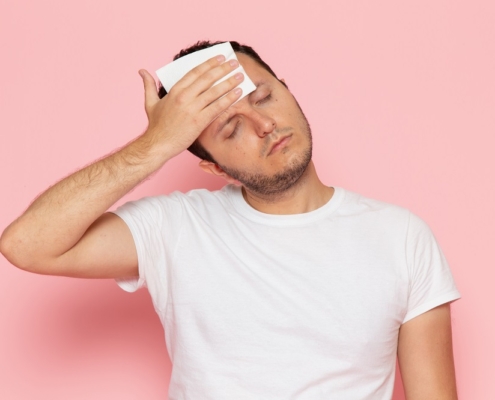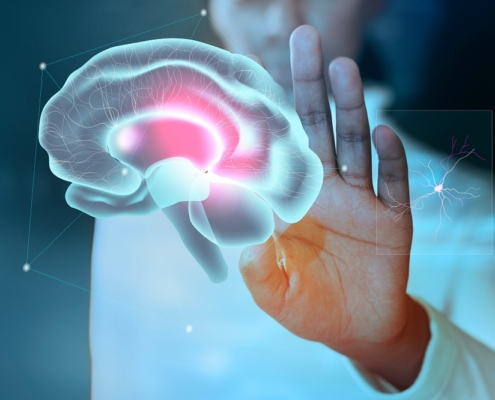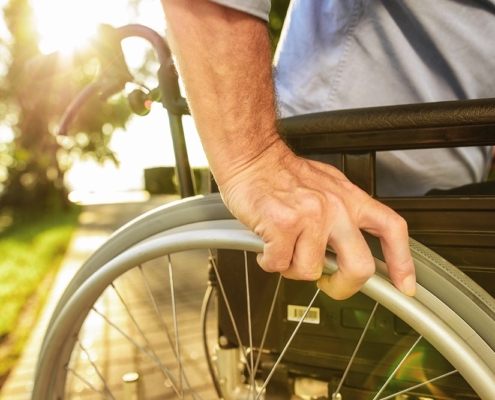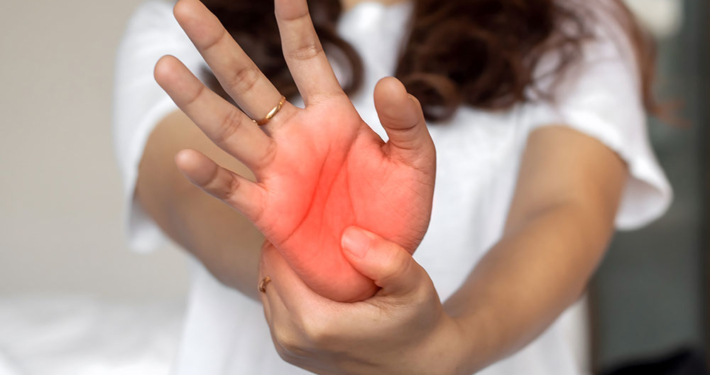Approximately 200,000 people have a stroke in our country every year. One person has a stroke every 40 seconds, and one person loses their life due to a stroke in three minutes. Until the last 20 years, stroke was ranked 3rd among the causes of death on the World Health Organization list. However, especially in the last 20 years, it has become a treatable disease thanks to rapid developments in diagnosis and treatment. Therefore, acting early is vital for the treatment to be successful. In emergency cases, centers experienced in stroke should be determined for fast and successful treatment and the emergency service should transport patients to these centers. Stroke treatment is a personalized treatment due to both the good evaluation of the process and the fact that the treatment methods to be used vary from patient to patient. In the fight against stroke, it is of great importance not to have a single physician but to have a multidisciplinary, competent team… There are diseases in medicine where we race against time. Stroke is one of these diseases… We say that every passing time is the brain because as time passes, the more we delay reaching the health center, the more we lose a part of our brain; stroke is such a disease. It seems far from us, but it could be very close to you. It can happen to anyone at any time. We are not disabled today, but we may be tomorrow. Especially those in the risk group are very important in this respect…
STROKE PREDICTIONS ITS COMING
Stroke often gives advance notice. Preventive treatment of people at risk before a stroke develops should be the most important approach. Among the lifestyle changes in preventing stroke, nutrition is especially important. Avoiding foods containing saturated fatty acids and simple carbohydrates, taking care to eat fibrous foods, eating a diet rich in fruits and vegetables, and limiting salt are important. It has been shown that the Mediterranean diet is especially protective against stroke (a diet containing olive oil and vegetables).
On the other hand, increasing physical activity and aerobic exercises done outdoors without straining are associated with a decrease in the risk of stroke. It is recommended that people regularly do outdoor walking exercises for 45 minutes-1 hour 4 days a week or at least 30 minutes a day.
It is important to control risk factors such as hypertension, diabetes, and high cholesterol, keep blood pressure below 140/90 mmHg, completely stop smoking, and limit alcohol consumption, and reduce excess weight to appropriate limits with diets. Regular use of medications recommended by your doctor for these risk factors when necessary reduces the risk of stroke.
8 simple changes to reduce your risk of stroke:
• Be active.
• Keep your cholesterol under control.
• Eat healthier.
• Keep your blood pressure under control.
• Lose weight.
• Lower your blood sugar.
• Quit smoking.
• Cut back on alcohol.
Even doing one of these is effective, but controlling all of them has been shown to significantly reduce the risk of stroke. So the more changes you make, the more your risk drops. For example, lowering your blood pressure to normal levels reduces your risk of stroke by 50 percent. Not smoking or quitting smoking reduces the risk by 40 percent.
 https://drturanpoyraz.com/en/wp-content/uploads/2023/07/kafatravmasi.jpg
666
1000
drturan_pyrzawp
https://localveri.net/drturanpoyraz/wp-content/uploads/2024/07/logo2.png
drturan_pyrzawp2023-07-18 17:33:472024-08-01 16:32:02HEAD TRAUMA AND BRAIN INJURY
https://drturanpoyraz.com/en/wp-content/uploads/2023/07/kafatravmasi.jpg
666
1000
drturan_pyrzawp
https://localveri.net/drturanpoyraz/wp-content/uploads/2024/07/logo2.png
drturan_pyrzawp2023-07-18 17:33:472024-08-01 16:32:02HEAD TRAUMA AND BRAIN INJURY






